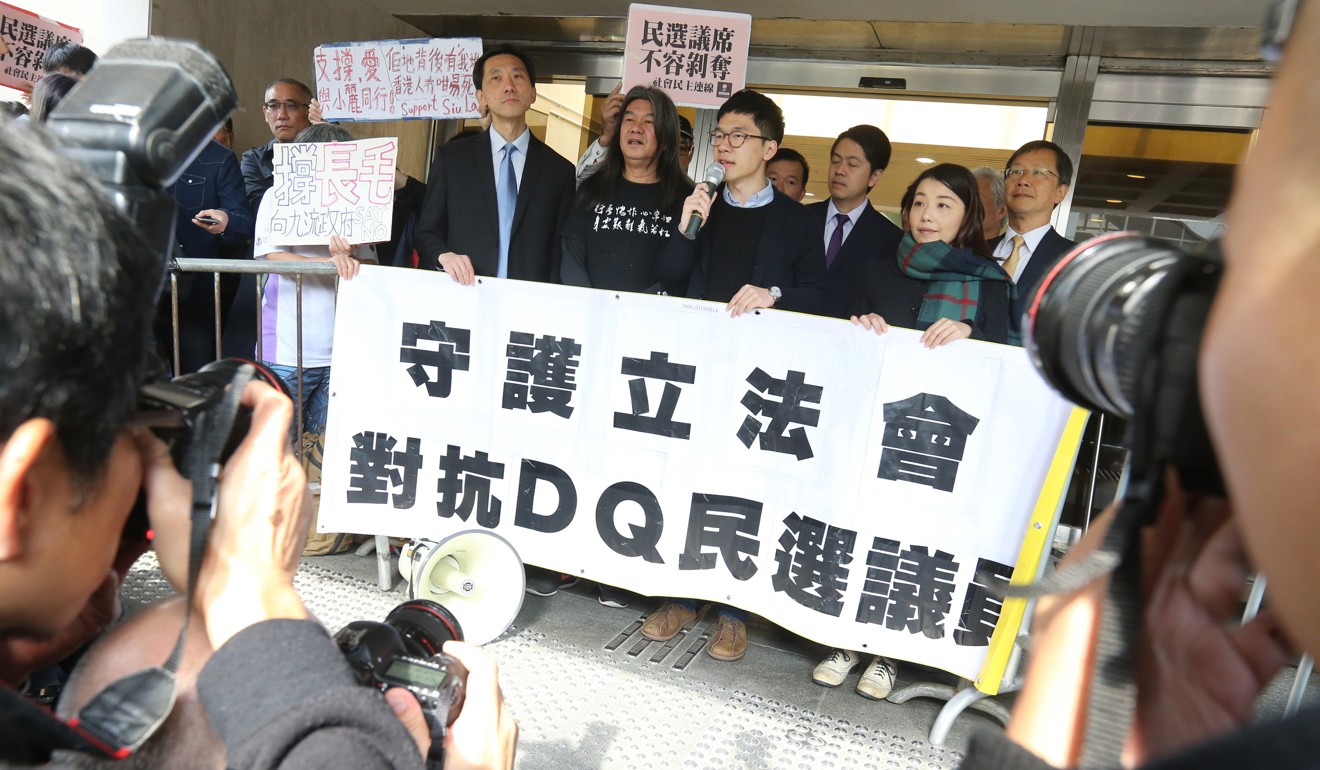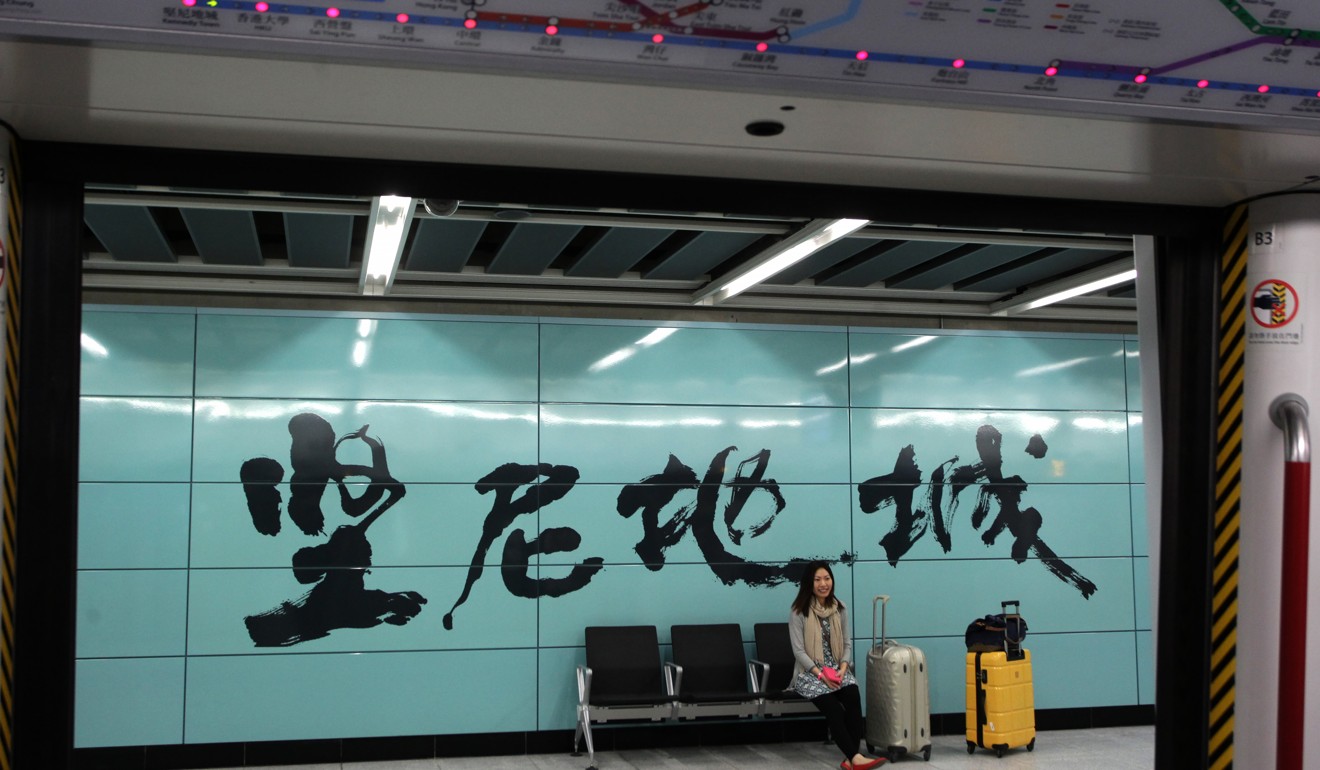
Become an insider in Hong Kong with our guide to the trendiest Cantonese phrases in town
In her new weekly column, Blowing Water, Luisa Tam explains how the unique way Hongkongers talk can give you a handle on an ever-changing city
Many people, both locals and those who have lived here for a while, would agree that they never tire of Hong Kong, but the city certainly tires them out at times, as things tend to move at breakneck speed. Even in the blink of an eye, you might miss something exciting.
Living in our beloved city can sometimes be an assault on the senses and it wouldn’t be an exaggeration to say that even everyday life seems to evolve every second.
It wouldn’t be an exaggeration to say that even everyday life seems to evolve every second
One very smart Scotsman once said: “A city is more than a place in space, it is a drama in time.”
Hong Kong certainly fits the bill in this instance.
Hong Kong is a kaleidoscope of stories, intrigue and, of course, dramas. For those who are not locally born, understanding its social, cultural and political issues can certainly be challenging.
But do not worry, I am here to help. Blowing Water, which in Cantonese means to chat casually to help pass time, is your weekly place to find out more about this crazy, lovely and sometimes discordant place we call home.
First off, let’s take a look at the local dialect, which is a mix of Cantonese, standard Chinese and English.
View this infographic: a world of languages – and how many speak them
There has long been a debate over whether Cantonese lost out by one vote to Putonghua when the leaders of China’s 1911 revolution were deciding on which dialect to adopt as the new national language. Sceptics have dismissed it as a myth, but it’s still a good story.

Recently you might have seen the initials “DQ” plastered all over many local Chinese-language newspapers; this is in relation to the story of some lawmakers being ousted from the Legislative Council. You’re probably wondering what it means, if you don’t already know it.
It’s very much the Cantonese way of expressing mixed English phrases by condensing them down to a few letters for convenience. By now, you may have sussed what it means – disqualify. Using the letters “DQ” in newspaper headlines is far more convenient and efficient than writing it in its Chinese form, which comprises four characters.
Speaking of mixing Canto and English, Hongkongers are also renowned for being inventive and original. One trending Canto phrase at the moment is “Kennedy”, but it has nothing to do with the name Kennedy or Kennedy Town in the western part of Hong Kong.

This “Kennedy” is used to describe someone or an action that is totally detached from reality. Confused? Let me explain.
The word “Kennedy” can be phonetically broken down into three words in Cantonese that sound similar to “kin” “lay” and “day”, which literally mean “absolutely off the ground”. Make sense now?
Cantonese is certainly a wacky, but fun, dialect. Hongkongers often mix English and Cantonese in daily use without paying any attention to English words and syntax. So do excuse your local Cantonese friends when they say, “Thank you, you”. It’s just another of those weird things that only Hongkongers say.
Luisa Tam is a senior editor at the Post

